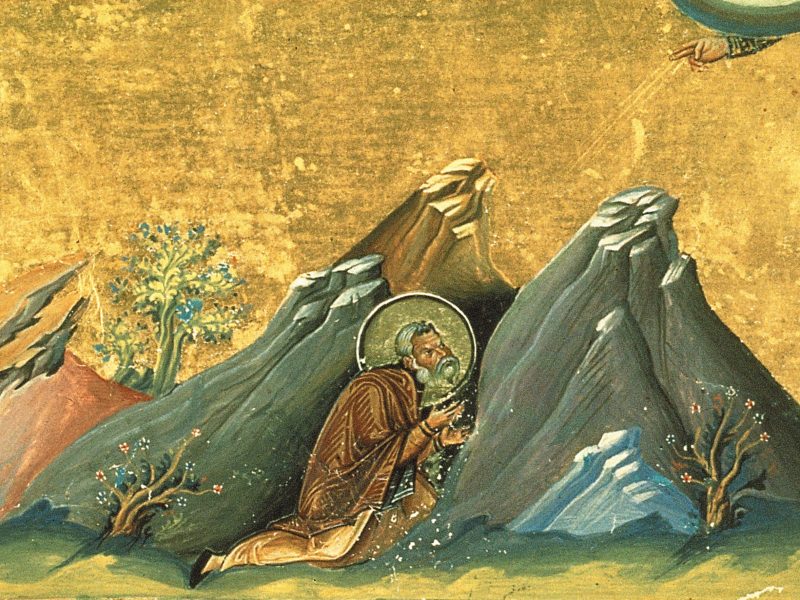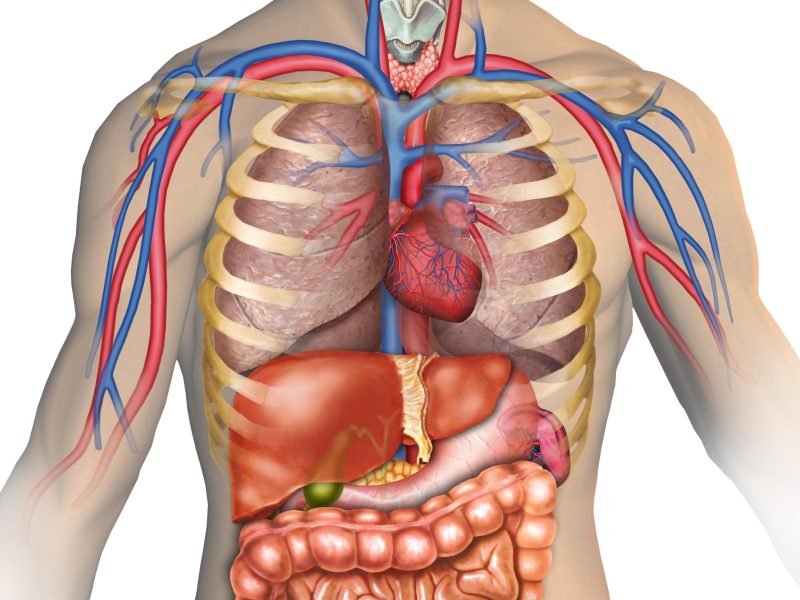by Vito Čapeta
Vito Čapeta is a master student in bioethics at Regina Apostolorum Pontifical Athenaeum. This essay was originally written in Italian but has been translated into English. The original Italian version is included at the bottom.
We know well that in Sacred Scripture, in the Word of God the Creator, in Genesis, human nature after original sin is fallen. With Adam’s sin, death entered the world. Consequently, man is subjected to temporality, physical suffering, disease, and pain. However, the greatest, most mysterious, and unknown consequence of original sin is precisely death. Death frightens us. It is something that inevitably awaits each of us. The human being not only dies, but knows that he is dying. Throughout the centuries man’s attitude toward death has changed. In ancient times, death was something fated and the ancient Greeks sought to achieve a “good death,” whereas in the Middle Ages death meant something; instead, today, contemporary man is the one who wants to overcome death and be the lord of his own death himself.
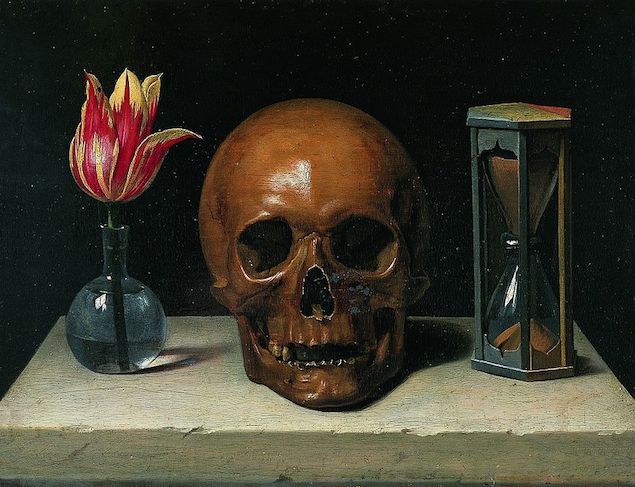
The Right to Die
The right to die is contrary to natural law and divine law. The concept of right itself is a system that has as its concern to promote and defend the fundamental goods of every human being, which are life, health and integrity. Therefore, the right to live and the opposite, the right to die, cannot coexist. The source of all rights is life; from life come rights. If a person has the right to live, then another person has the duty not to kill. This is derived from natural law, which includes the ethical and objective requirements that are universally recognized in every place and time regardless of culture, race, and religion. The Creator God gives life and He alone is the Lord of life and death. According to St. John Paul II, “human life is sacred because from its beginning, it involves ‘the creative action of God’ and remains forever in a special relationship with the Creator, its only end. God alone is the Lord of life, from its beginning to its end: no one and under no circumstances, can claim for himself the right to directly destroy an innocent human being.”
None of us decides when we are born or when we die. The sixth commandment says “thou shalt not kill.” In the euthanasia mentality, the doctor is a good Samaritan who out of compassion and mercy helps the patient in the terminal stage to die if he requests it, because he feels that his life has no meaning to be lived anymore. Medicine becomes the solution to all problems. Medicine becomes omnipotent.
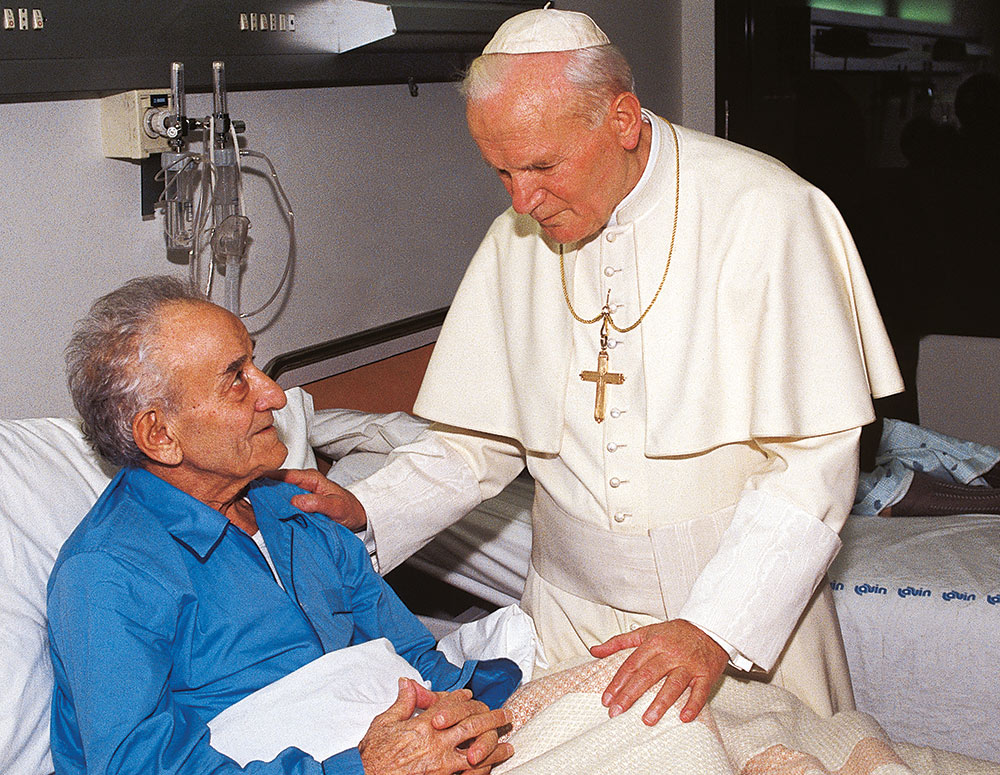
Now I would like to highlight two things that are definitely offenses against the God the Creator:
First reason: Against the 6th commandment, “thou shalt not kill.”
No to euthanasia, yes to palliative care.
In the case of euthanasia, the doctor helps the patient (e.g., in the permanent vegetative state) to stop suffering by killing him or her, e.g., through a pill. The term euthanasia is a manipulation of language because behind the innocent terms lies the act of murder. In the name of false charity, let us help him to die with dignity by killing him to remove his suffering. God the Creator is always for life. In His Word of the Gospel, He invites us to be good Samaritans like Jesus, who approached the sick and lepers and accompanied them seeing in the face of God the Father in every person. Likewise, in our days we must direct technology and medicine for the therapeutic service of the human person insofar as he is a child of God the Father and Creator. The patient is not always curable, but we can always accompany him.
Life is God’s gift; it is man’s responsibility, respect, care and promotion. Even my own body, I must care for it. Man is another man’s brother. Do not be Cain in medicine; do not kill, but cure! We always receive life; it is then up to man to care for it, and take care of it. Just as God entrusted man with the care of Eden (for plants and for animals), so also he has the duty to care for himself, his body, his psyche or spirit, and also his other brothers from the beginning until the terminal stage of life. Insofar as these technological developments are directed toward the true good of people, they reflect the goodness, wisdom, and greatness of the Creator and the participation of man’s freedom and conscience in divine light and the fulfillment of the calling of God the Creator, who asks each of us, “Where is your brother?” Technology is a wonderful gift from God the Creator, and it offers us wonderful possibilities to be the stewards of our brothers and sisters and to direct us toward an integral and supportive humanism.
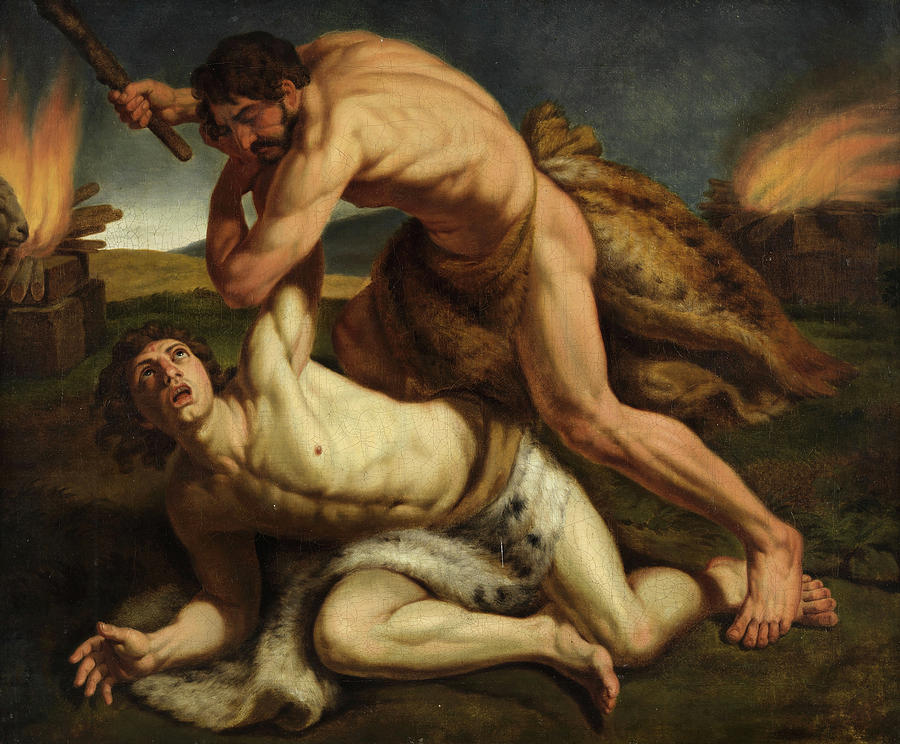
Second reason: There is no first origin of the existence of the human person. There is no God the Creator, the first and final cause of the human person and the entire universe.
The contemporary paradigm is: I am not here because I am created, I am here by chance; I am the creator of my destiny. I can decide, I have my will, I have my right, and I can direct my existence as I wish. If I have the right to life, then I have the right to death. I am the one who has my destiny in my hands through biomedicine and technology. In the case of death and euthanasia, death becomes a personal choice. In other words, I am the creator of my life, and if technology gives me the possibility to die, I have the right to do so and no one can tell me that this cannot be done. “My story ends here.” If one does not look to God, then there is no good and evil, but my will that is beyond good and evil. Precisely because man does not look to the God the Creator, he does not look to the truth and looks to what is evil, to what is lies: “You will be like God, you can decide what is good and what is evil.”
“Whoever is not for us is against us.” One is either with God or against God. Accepting God the Creator as the way, the truth and life means being able to realize that even if one is in physical suffering and bodily limitations, life nevertheless remains a gift and is worth living. The Lord is with us every day of our lives and does not leave us alone in our suffering. He created us for Him. We must learn to make sense of our limitations, especially in the terminal stage of life. One of these senses lies in offering our sorrows for the salvation of souls who naturally yearn and desire perfect communion with God the Creator, for they were created for communion with Him.
Italian version
Eutanasia e la teologia della creazione
Sappiamo bene che nella Sacra Scrittura, nella Parola di Dio Creatore, in Genesi, la natura umana dopo il peccato originale è decaduta. Con il peccato di Adamo la morte entrò nel mondo. Di conseguenza l’uomo viene sottoposto alla temporalità e alla sofferenza fisica, alle malattie, ai dolori. Però la più grande e misteriosa e sconosciuta conseguenza del peccato originale è appunto la morte. La morte ci spaventa. È qualcosa che inevitabilmente aspetta ognuno di noi. L’essere umano non solo muore, ma sa di morire. Durante i secoli l’atteggiamento dell’uomo di fronte alla morte cambia. Nell’antichità la morte era qualcosa di fatale e agli antichi greci cercavano di raggiungere la “buona morte”, invece nel medioevo la morte rappresentava qualcosa; invece, oggi uomo contemporaneo è colui che vuole vincere la morte ed essere lui stesso il signore della propria morte.
Il diritto di morire. Il diritto di morire è contrario alla legge naturale e alla legge divina. Il diritto di per sé è sistema che ha in interesse promuovere e difendere i beni fondamentali di ogni essere umano che sono la vita, la salute, l’integrità. Allora non possono esistere il diritto di vivere e il contrario il diritto a morire. La fonte di tutti i diritti è la vita; dalla vita derivano i diritti. Se la persona ha il diritto di vivere, allora altra persona ha il dovere di non ucciderla. Questo deriva dalla legge naturale che sono le esigenze etiche ed oggettive che vengono riconosciuti universalmente in ogni spazio e tempo indipendentemente dalla cultura, razza e religione. Il Dio Creatore dà la vita e solo Lui è il Signore della vita e della morte. Dice San Giovanni Paolo II: “La vita umana è sacra, perché fin dal suo inizio, comporta “l’azione creatrice di Dio” e rimane per sempre in una relazione speciale con il Creatore, suo unico fine. Solo il Dio è il Signore della vita, dal suo inizio alla sua fine: nessuno e in nessuna circostanza, può rivendicare a sé il diritto a distruggere direttamente un essere umano innocente”.
Nessuno di noi decide quando nasce così anche quando muore. Il sesto comandamento dice “non uccidere”. Nella mentalità eutanasica. Il medico è buon samaritano che per la compassione e per pieta aiuta al paziente nella fase terminale a morire se lui lo richiede perché ritiene che la sua vita non ha senso di essere più vissuta. La medicina diventa la soluzione di tutti i problemi. Onnipotenza della medicina.
Ora vorrei mettere in luce due cose sono definitivamente l’offesa al Dio Creatore:
Prima causa: Contro 6. comandamento, “non uccidere.”
No all’eutanasia, sì alle cure palliative.
Nel caso della eutanasia il medico aiuta al paziente (per esempio nello stato vegetativo permanente) a non soffrire più uccidendolo, per esempio tramite la pillola. Il termine eutanasia è una manipolazione del linguaggio perché dietro i termini innocenti si nasconde l’atto di omicidio. Nel nome della falsa carità aiutiamolo di morire con la dignità, uccidendolo per togliere la sua sofferenza. Dio Creatore è sempre per la vita. E nella Sua Parola del Vangelo ci invita ad essere buoni samaritani come Gesù che si avvicinava ai malati e ai lebbrosi e gli accompagnava vedendo il volto di Dio Padre in ognuno di loro così anche nei giorni nostri dobbiamo indirizzare la tecnica e la medicina per il servizio terapeutico della persona umana in quanto essa è figlio di Dio Padre e Creatore. Il paziente non è sempre guaribile, però è sempre curabile, possiamo sempre accompagnarli. La vita è dono di Dio, responsabilità dell’uomo, rispetto, cura e promozione: e mio corpo, devo curarlo, uomo è fratello dell’altro uomo, non essere Caino in medicina, non uccidere, ma curare! La vita sempre la abbiamo ricevuta, spetta poi l’uomo a curarla, e prendersene cura. Così come Dio affidò all’uomo la cura dell’Edem (per le piante, per gli animali), così anche ha il dovere di cura per sé stesso, suo corpo, psiche è spirito, anche ha il dovere di cura per altro fratello dall’inizio fino alla fase terminale della vita. Nella linea in cui questi sviluppi tecnologici siano indirizzati verso il vero bene delle persone esse rispecchiano la bontà e la saggezza e la grandezza di Creatore e la partecipazione della libertà e della coscienza dell’uomo alla luce divina e il compimento della vocazione di Dio Creatore che chiede ad ognuno di noi: “Dove è tuo fratello?” La tecnica è un meraviglioso dono di Dio Creatore e ci offrono meravigliose possibilità di essere i custodi dei nostri fratelli e di indirizzarci verso un umanesimo integrale e solidale.
Seconda causa: Non esiste il primo origine della esistenza della persona umana. Non esiste il Dio Creatore, la causa prima e causa finale della persona umana e dell’intero universo.
Il paradigma contemporaneo è: io non sono qui perché sono creato, sono qui per caso; io sono il creatore del mio destino. Io posso decidere, io ho la mia volontà, io ho il mio diritto e posso indirizzare la mia esistenza come voglio. Se ho il diritto alla vita, allora ho il diritto alla morte. Io sono colui che ha il destino nelle mie mani tramite la biomedicina e la tecnologia. Nel caso della morte e della eutanasia. La morte diventa una scelta personale. In altre parole; Io sono il creatore della mia vita e se la tecnologia mi dà la possibilità di morire io ho il diritto di farlo e nessuno può dirmi che questo non si può. “La mia storia finisce qui.” Se non si guarda al Dio, allora non esiste il bene e il male, ma la mia volontà che va al di là del bene e del male. Proprio perché uomo non guarda nel Dio Creatore, non guarda nella verità e guarda in quello che è diabolico cioè la menzogna; “Sarete come Dio, potete decidere cosa è bene e cosa è male.”
“Chi non è per noi è contro di noi.” O si è con Dio o contro Dio. Accettare Dio Creatore come via verità e vita significa poter rendersi conto che anche se si sta nella sofferenza fisica e nei limiti corporei, la vita comunque resta un dono ed è degna di essere vissuta. Anzitutto perché Il Signore è con noi tutti i giorni della nostra vita e non ci lascia soli nella nostra sofferenza. Ci ha creati per Lui. Dobbiamo imparare a dare il senso ai nostri limiti e specialmente nella fase terminale della vita. Uno di questi sensi sta nell’offrire i dolori per la salvezza delle anime che naturalmente anelano e desiderano la comunione perfetta con Dio Creatore in quanto create per la comunione con Lui.

